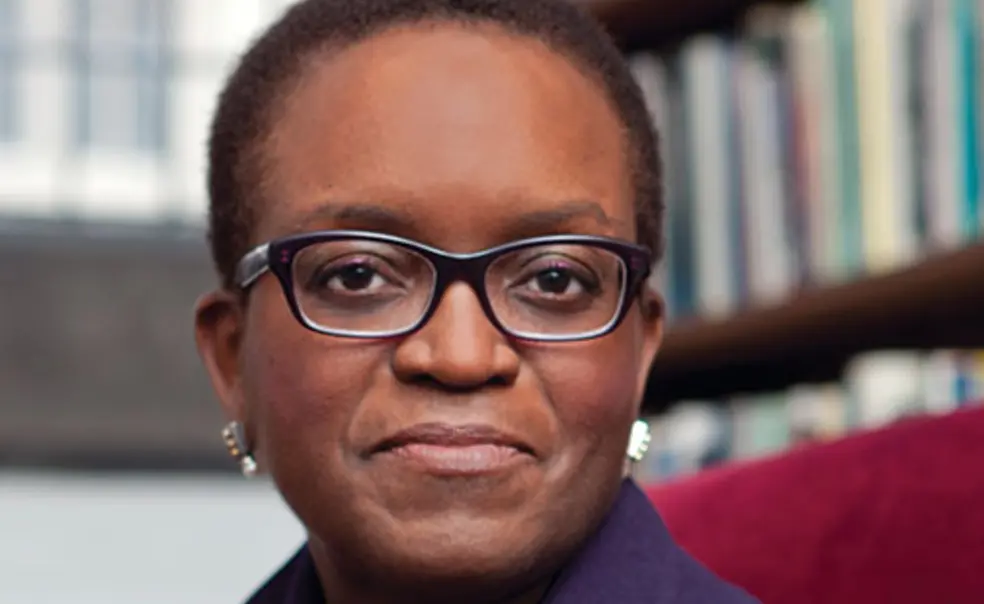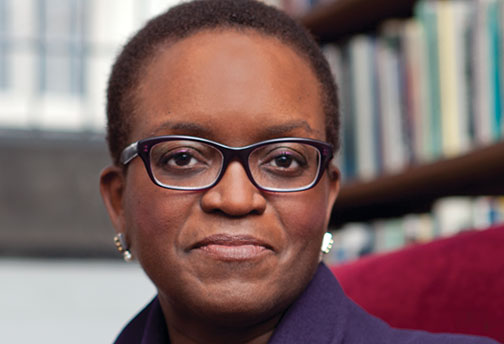Bridging the Gap
Report examines students’ experiences as socioeconomic diversity increases
While students from all income groups are reporting high levels of satisfaction with their Princeton undergraduate experience, a new report found that lower-income students who enter from high schools with less-advanced college-preparatory courses may encounter more academic challenges and a tougher transition to college than their peers.
- Begin a scholars program for high-achieving, low-income students
- Create a sophomore initiative to prepare all students for independent work
- Consider an alternate grading system for freshman year
- Include socioeconomic diversity in freshman-orientation diversity programs and freshman housing assignments
- Ensure that panels during Families Weekend and Princeton Preview address concerns most pressing to less-prosperous parent
The report was prepared by a working group of faculty and staff. Last month, the University released a description of the group’s findings and recommendations, but not the report itself. Focus groups were held with 60 students from all income groups, including a high number of lower-income students, said Dean of the College Valerie Smith.
“Lower-income students who attended high schools that don’t often send students to highly selective colleges and universities told us that the academic and social transitions can be challenging, especially in the first year,” Smith said. “Also, they often have to figure out how to navigate the institution on their own, without the help of their families.”
The working group made a number of recommendations, saying that many would benefit all students. The proposals were designed to create a more inclusive and supportive climate, increase the accessibility and variety of STEM (science, technology, engineering, and math) courses, and bridge the gap between Princeton and students’ home communities.
The University has begun to introduce new programs to help students from all walks of life thrive on campus. Last month, the Hidden Minority Council, a group of first-generation students, organized an event called the “First-Gen Dinner” as a way for first-generation freshmen to meet with professors and administrators who were also the first in their families to attend college. About 80 students — or half the first-generation students in the freshman class — attended the dinner along with nine faculty members and administrators.
“When you’re a first-gen and you’re the one paving the way, you don’t even know the right questions to ask,” said Vice President for Campus Life Cynthia Cherrey. “It helps students to learn that there are others here who understand what it means to be the first in their families to go to college.”
In the meantime, Princeton is moving forward with more programs based on the working group’s recommendations. Smith said the University is working to develop enhanced STEM courses in the Freshman Scholars Institute, a summer program that gives students an early opportunity to experience Princeton’s curriculum.
President Eisgruber ’83 said the report underscores the University’s commitment to level the playing field for students of all economic backgrounds, but there is still work to be done.
“Some of the recommendations would require additional consideration before we could decide whether to proceed with them, and in some cases we would need to raise the necessary funds,” Eisgruber said.













1 Response
Monte Bricker ’58
10 Years AgoA Disappointing Delay
Sixty years ago, as I attended my first-year classes at Princeton, it was apparent that the majority of my classmates more easily integrated into the academic and social milieu than did I. As a high school graduate from the Pacific Northwest, I was poorly prepared for the cultural differences I encountered with the Eastern establishment. It was a struggle, one that I never fully overcame during my four years on campus.
The story that a new study found that “lower-income students who enter from high schools with less-advanced college-preparatory courses may encounter more academic challenges and a tougher transition to college than their peers” (On the Campus, Oct. 22) came as no surprise to me — nor should it have surprised any of the faculty and staff who prepared the report.
What is surprising is that Princeton is introducing “new programs to help students from all walks of life thrive on campus.” How disappointing to find that it has taken all this time to discover the disparity among alleged peers.